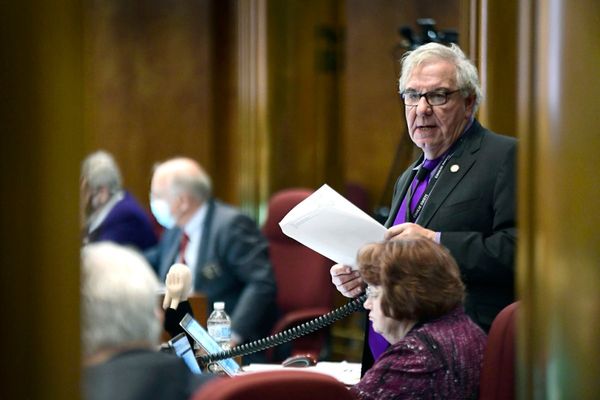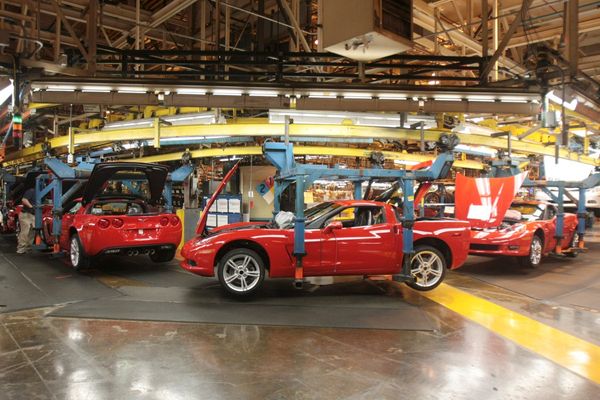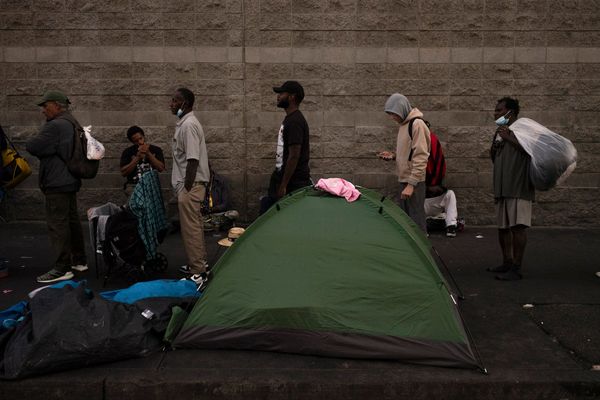As the full scale of Western Australia's flooding disaster becomes apparent, residents of the Midwest have urged state and federal authorities to avoid repeating mistakes made in the aftermath of Cyclone Seroja.
Ex-tropical cyclone Ellie crossed into Western Australia two weeks ago, hitting Kimberley communities with unprecedented floods, almost two years after Seroja hit the Midwest in April 2021.
Seroja affected an area of 35,000 square kilometres and about 70 per cent of buildings in Kalbarri and Northampton sustained significant damage.
A record $104.5 million in relief was allocated through a Commonwealth-state disaster recovery funding arrangement, but it was revealed in parliament late last year that only $7m had been distributed since July 2021.
Kalbarri business owner Melissa Finlay said limited access to cash in the wake of the cyclone made it difficult for locals to get back on their feet.
"It was really tough on businesses and we did recommend to the government to try and implement something similar to what was implemented during COVID, where businesses actually pay staff so that they keep people employed in the business rather than just paying people through Centrelink to be at home," she said.
"It's very stressful being a business owner and not having any idea when your business is able to open up again and when you're going to get any income to keep your business alive."
'Can't walk the walk'
Flood-affected residents and businesses may be eligible for assistance through jointly funded recovery arrangements.
But Ms Finlay said applicants should be prepared to wait a long time for the funding to reach their communities.
"The government talks the talk, but they can't walk the walk," she said.
"As soon as the media leaves the town, you're forgotten about.
"We've got so much damage within the town of Kalbarri … we've got car parks that can't be fixed by the shire because the shire needs the funding from the state and federal government.
"We are pushing on two years [since the cyclone] and we're still waiting for that funding to come through."
'Learn the lesson'
Master Builders WA director John Gelavis says housing shortages that impeded the Seroja rebuild must be addressed before repairs can start in the Kimberley.
"One of the challenges with Seroja was getting people to Kalbarri," he said.
"From what we've seen with the Kimberley, these communities are quite remote so it's probably going to be more of a challenge than Seroja was."
Opposition leader Mia Davies said supporting the wellbeing of affected communities was another key lesson from Cyclone Seroja.
"[There must be] access to mental health support not only now, as people deal with the immediate trauma, but well into the coming months and potentially years," she said.
"Our message to the government is to learn the lessons from Seroja."
The government has been contacted for comment.
Relief coming for emergency crews
Meanwhile, a team of 23 emergency service workers from New South Wales have flown to Broome to provide additional assistance, giving local service personnel a well-deserved break.
"Let them recharge their batteries, this team will be there for the week and then our staff will come back in again," Emergency Services Minister Stephen Dawson said.
"We've got the best of the best from New South Wales, who have been working incredibly hard in their own state for the last couple of years."
Senior Manager for Capability at NSW Emergency Services, Ken Murphy, said it was a good chance for the team to utilise their knowledge from recent flooding over east.
"How you manage clean-ups in those environments, how you manage PPE, how you manage the staff," he said.
"There's a lot of lessons learnt broadly across the country in the last 18 months."
Mr Dawson said emergency services had conducted 355 rapid damage assessments in communities across the Kimberley.
"As a result of the rapid damage assessment being undertaken a number of federal and state funding programs have now started to flow," Mr Dawson said.
The federal government has offered a one-off payment of $1,000 per adult and $400 per child for eligible people, which can be accessed through MyGov.







